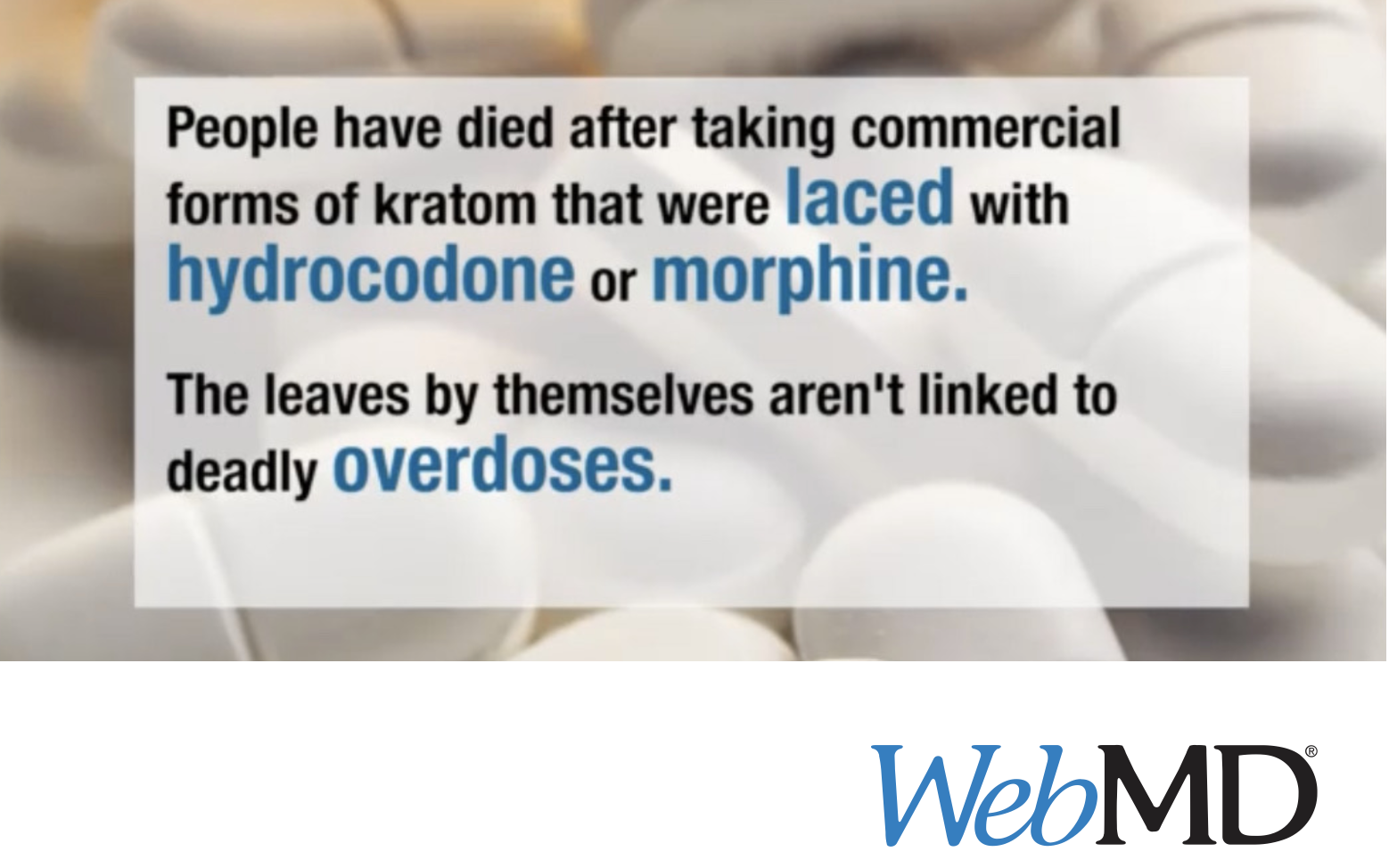| Alabama |
Restrictive Legislation Enacted |
Kratom is banned in Alabama: SB 226, passed in 2016, bans the sale and possession of kratom. |
| Alaska |
No Legislation or Regulation |
There was no action on any kratom bill in this Session.
|
| Arizona |
Consumer Protection Legislation Enacted |
2022 Legislative Session: Representative Kaufmann sponsored a strengthening amendment to the KCPA that was originally enacted in 2019. The amended KCPA passed the House on a vote of 38-10 and the Senate on a vote of 20-8. See House Bill 2550 |
| Arkansas |
Restrictive Legislation Enacted |
Kratom is banned in Arkansas: The Department of Health issued a ban on kratom in 2015. |
| California |
Consumer Protection Legislation Under Consideration |
There is a kratom regulation bill the AKA does Not support active |
| Colorado |
Consumer Protection Legislation Enacted |
2022 Legislative Session: Senator Ginal and Representative Sullivan sponsored the KCPA (SB22-120) and the bill passed the Senate on a vote of 32-2, and was amended and passed the House on a vote of 44-20, and is now subject to rulemaking recommendations by the Department of Revenue. |
| Connecticut |
No Legislation or Regulation |
2022 Legislative Session: The KCPA (HB 6359) was referred for study by the House Health Committee Interim Committee. |
| Delaware |
No Legislation or Regulation |
There was no action on any kratom bill in this Session. |
| Florida |
Consumer Protection Legislation Enacted |
| Georgia |
Consumer Protection Legislation Enacted |
The Georgia Legislature passed the KCPA in 2019. See HB 551 |
| Hawaii |
Consumer Protection Legislation Under Consideration |
2022 Legislative Session: Speaker Seiki and Senate President Korchi sponsored the KCPA (HB 2356 and SB 3307) but were not acted on prior to adjournmenet. The bills will be refiled in the 2023 Session. |
| Idaho |
Consumer Protection Legislation Under Consideration |
There was no action on any kratom bill in this Session. |
| Illinois |
Consumer Protection Legislation Under Consideration |
|
| Indiana |
Restrictive Legislation Enacted |
| Iowa |
No Legislation or Regulation |
There was no action on any kratom bill in this Session. |
| Kansas |
Consumer Protection Legislation Under Consideration |
2022 Legislative Session: The KCPA (HB2056) passed the House on a vote of 97-24, but failed to be acted on by the Senate prior to adjournment. |
| Kentucky |
Consumer Protection Legislation Enacted |
KCPA passed in 2024 |
| Louisiana |
Consumer Protection Legislation Under Consideration |
2022 Legislative Session: Representative Thompson filed a kratom ban bill (HB 382) but the bill was never considered prior to adjournment. |
| Maine |
No Legislation or Regulation |
There was no action on any kratom bill in this Session. |
| Maryland |
Consumer Protection Legislation Enacted |
KCPA passed and signed in 2024 |
| Massachusetts |
No Legislation or Regulation |
There was no action on any kratom bill in this Session. |
| Michigan |
Consumer Protection Legislation Under Consideration |
2022 Legislative Session: Represenative Stone sponsored the KCPA (HB 5477) and the bill passed the House on a vote of 8-19, and is awaiting Senate action. |
| Minnesota |
No Legislation or Regulation |
2022 Legislative Session: Representatives Gomez and West sponsored the KCPA (HF 4815), but the bill was referred to Interim Study. The bill will be refiled in the 2023 Session. |
| Mississippi |
Restrictive Legislation Enacted |
2022 Legislative Session: A kratom ban bill by Representative Yancey passed the House (HB681), but died in a Senate Committee. The KCPA sponsored by Sen. Tate (SB 2403) also died in Committee. |
| Missouri |
Consumer Protection Legislation Under Consideration |
2022 Legislative Session: Representative Christofanelli and Senator Rehder sponsored the KCPA (HB 1667 and SB 774) and passed the Senate on a vote of 32-2 and the House on a vote of 106-31. The Governor vetoed the KCPA on July 1, 2022 in part on the claim by the FDA that kratom is federally illegal. The KCPA will be refiled in the 2023 Session |
| Montana |
No Legislation or Regulation |
There was no action on any kratom bill in this Session. |
| Nebraska |
No Legislation or Regulation |
There was no action on any kratom bill in this Session. |
| Nevada |
Consumer Protection Legislation Enacted |
The Board of Pharmacy proposed a ban on kratom despite the existence of the KCPA in Nevada. The Board of Pharmacy formally withdrew its scheduling recommendation and further action is planned in the 2023 Legislative Session to strengthen the KCPA. See AB303 |
| New Hampshire |
Consumer Protection Legislation Under Consideration |
2022 Legislative Session: The KCPA (HB 333) was referrred to Interim Study. |
| New Jersey |
Consumer Protection Legislation Under Consideration |
Active Ban bill in 2024. 2022 Legislative Session: Representative Carol Murphy filed the KCPA (A 4071) and is awaiting action. A ban bill filed by Representative Dancer (A 2642) has not been acted on. Rep. Dancer passed away in July 2022) |
| New Mexico |
No Legislation or Regulation |
There was no action on any kratom bill in this Session. |
| New York |
Consumer Protection Legislation Under Consideration |
2022 Legislative Session: The KCPA (A 9034) was filed but no action was taken prior to adjournment. The bill will be refiled in the 2023 Session. |
| North Carolina |
Consumer Protection Legislation Under Consideration |
Active KCPA and Ban Bill in 2024 |
| North Dakota |
No Legislation or Regulation |
There was no action on any kratom bill in this Session. |
| Ohio |
Consumer Protection Legislation Under Consideration |
2022 Legislative Session: Representative Lipps filed the KCPA (HB 236) and the bill passed the House on a vote of 82-10. The bill is awaiting Senate action. |
| Oklahoma |
Consumer Protection Legislation Enacted |
The Oklahoma Legislature passed the KCPA in 2021. See HB 2846 |
| Oregon |
Consumer Protection Legislation Enacted |
The Oregon Legislature passed the KCPA in 2022. The KCPA (SB1005) passed the Senate 27-2, and the House 55-0. See HB4010 |
| Pennsylvania |
Consumer Protection Legislation Under Consideration |
2022 Legislative Session: Representative Pennycuick sponsored the KCPA (HB 2357) that was amended to impose an age limitation for purchase of kratom at 18 years and younger. The KCPA is now subject to action by the Senate. |
| Rhode Island |
Restrictive Legislation Enacted |
State Ban in Place. In 2024 the House and Senate passed a KCPA ban removal bill but the Governor issued a veto |
| South Carolina |
Consumer Protection Legislation Under Consideration |
There was no action on any kratom bill in this Session. |
| South Dakota |
No Legislation or Regulation |
There was no action on any kratom bill in this Session. |
| Tennessee |
Consumer Protection Legislation Under Consideration |
2022 Legislative Session: Two bills banning kratom (SB 1390 and HB 1493) failed to pass. The KCPA was offered as a substitute for the House ban bill but was defeated in Committee. |
| Texas |
Consumer Protection Legislation Enacted |
The KCPA passed and signed in Texas |
| Utah |
Consumer Protection Legislation Enacted |
The Utah Legislature passed the KCPA in 2019. See SB 58 |
| Vermont |
Regstricions enacted by the DOH. No Legislation |
2023 the Vermont Dept. of Health agreed to remove kratom from Controlled Substance list. KCPA under consideration
|
| Virginia |
Consumer Protection Legislation Passed in 2023 |
| Washington |
Consumer Protection Legislation Under Consideration |
2022 Legislative Session: Senator Honeyford filed a kratom ban bill, but agreed to strike it and replace it with the KCPA (SB 5941). |
| West Virginia |
Consumer Protection Legislation Passed in 2023 |
| Wisconsin |
Restrictive Legislation Enacted |
2022 Legislative Session: Representative Murphy and Senator Felzkowki sponsored the KCPA (AB 599 and SB 958). The bills were referred to the Wisconsin Controlled Substances Board for an assessment of whether kratom meets the definition under Wisconsin's Controlled Substances Act for scheduling. |
| Wyoming |
No Legislation or Regulation |
There was no action on any kratom bill in this Session. |
| District of Columbia |
Restrictive Legislation Enacted |
There was no action on any kratom bill in this Session. |
| Guam |
No Legislation or Regulation |
There was no action on any kratom bill in this Session. |
| Puerto Rico |
No Legislation or Regulation |
There was no action on any kratom bill in this Session. |
| Virgin Islands |
No Legislation or Regulation |
There was no action on any kratom bill in this Session. |












